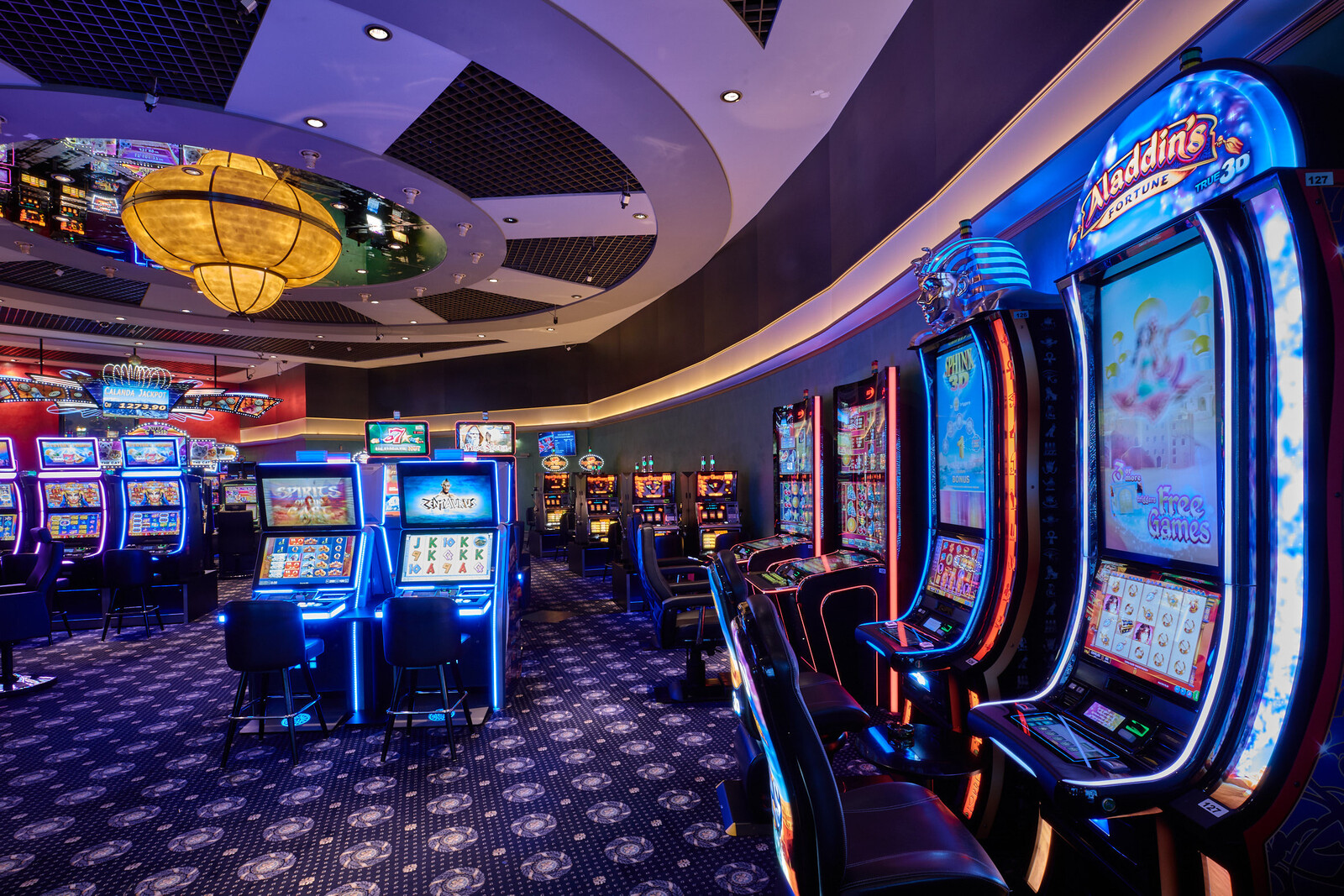
Gambling games have long been a staple in human culture, offering not just entertainment but a captivating reflection of our dreams, wishes, and anxieties. From the spinning reels of a slot machine to the tactical play of poker, these games embody a variety of human sentiments and events. At their core, casino games are more than a chance to earn cash; they are a reflection of life itself, where risk versus reward merge and fortunes can change in an eye blink.
As players convene around tables or sit in front of vibrantly illuminated machines, they take part in a ceremony that transcends mere betting. These games echo our natural desires for social interaction, adventure, and the pursuit of luck. They also disclose deeper truths about human nature, such as our relationship with fate and the adrenaline of the unknown. In exploring casino games, we uncover not only the nuances of play but also the rich tapestry of the human experience, showcasing our intertwining narratives of goal and reality.
The Psychology of Gambling
Wagering is deeply rooted in human psychology, tapping into various emotions and wants. The excitement of risk-taking is a fundamental aspect that attracts participants, be it the excitement of spinning a roulette wheel or the excitement of drawing a winning card in poker. This adrenaline is often compared to other forms of excitement, as the unpredictability of outcomes elicits a distinct psychological response. Players often become entranced by the chance of striking it rich, leading to an irresistible draw toward casino games.
Additionally, an essential component of the psychology behind gambling is the concept of optimism and ambition. Players often indulge in dreams of financial freedom and the opulent lifestyle that can follow winning. This hope fuels their continued participation in gambling, as it provides a sense of meaning and the conviction that a life-changing win could be just one bet away. The narrative of overcoming odds and finding success resonates with many, strengthening their commitment to play and engage with these games.
Lastly, social aspects play a crucial role in gambling psychology. Gambling venues are designed to foster social interaction, where players gather to share the journey of wins and losses. This communal aspect not only amplifies enjoyment but also affects behavior, as individuals often mimic the actions of others around them. The collective approval found in mutual thrill can magnify the emotional experience, making casino games a mirror of not just personal desires but also collective engagement within the gambling community.
## The Dual Nature of Risk and Reward
Gambling activities embody the subtle balance between danger and gain that resonates deeply with the human experience. The excitement of placing a wager is often accompanied by a rush of adrenaline, as gamblers are confronted with the possibility of striking it rich, yet cognizant of the possibility to suffer losses. This bipartisan experience reflects a fundamental aspect of life: the paths we choose often come with intrinsic risks, and the chase for gain can drive us to make risky moves we might not typically consider. In this way, casino games mirror real-world decisions, enticing gamblers to risk not just their funds, but also their aspirations.
The allure of grand jackpots and payouts fuels a wave of hope, inspiring players to envision a more promising future that could manifest from a fortunate turn of the roulette or turn of a card. This positive outlook can compel individuals to engage in riskier behaviors, pushing them to push their boundaries in search of financial gain. However, just as in life, the results of these risks can lead to both triumph and despair. The stories of both big winners and those who have lost everything at the tables demonstrate the random nature of chance and its consequential impact on our futures.
Ultimately, the interaction of engaging with gambling activities serves as a potent reminder of the nature of humanity. Every round played is loaded with the tension of ambiguity, as players weigh the rewards against the dangers. This dynamic not only highlights the excitement that comes with betting but also unveils the vulnerabilities that come with the longing for more. As we navigate the complexities of choice and results in both the gambling world and in life, we find that the pursuit of risk and reward shapes our sense of self and experiences in significant manners.
Community and Solitude in Casino Culture
Casino culture is a distinct mix of communal interaction and personal endeavor, reflecting the tensions of human experience. Gamblers often gather around games, sharing in the excitement of the game, celebrating wins, and sympathizing over losses. This social aspect is crucial, as it establishes a sense of belonging and camaraderie among varied groups of individuals. Regular attendees to gaming establishments may build friendships and establish routines, turning the gambling venue into a second home where they experience connected to a larger community of players.
However, the attraction of casino activities can also lead to loneliness. As players become engrossed in the excitement of playing, they may withdraw from personal connections or fail to interact with the environment outside the casino. daga88 For some, the pursuit of a jackpot can overshadow genuine relationships, leading to isolation. The situation of being surrounded others yet feeling solitary is not uncommon, as the focus shifts from collective fun to the private stakes of each individual’s path.
This interaction of society and solitude creates a vivid mosaic that defines casino culture. It highlights the intricacy of human interactions, where happiness and sorrow exist together. Gambling venues serve as both a refuge for social engagement and a platform for individual challenges, demonstrating how intimately entwined our desire for connection and the personal quest for wealth can be. In navigating this environment, gamblers confront their own narratives—seeking both the thrill of the wager and the companionship of fellow players, eventually mirroring the broader spectrum of individual experience.